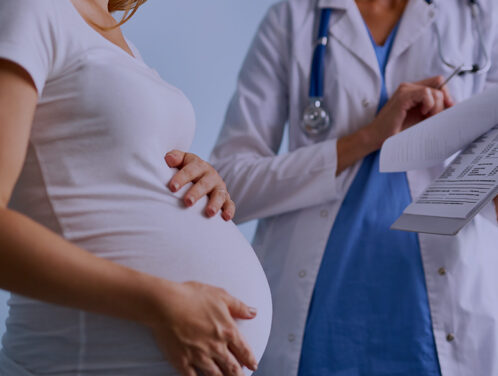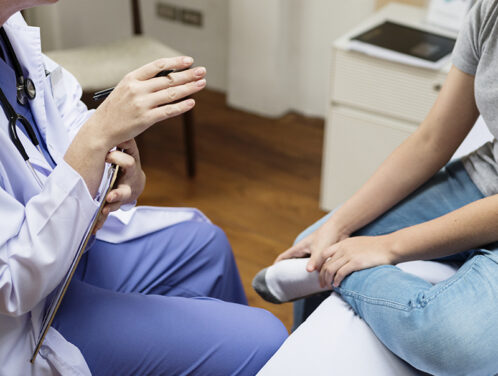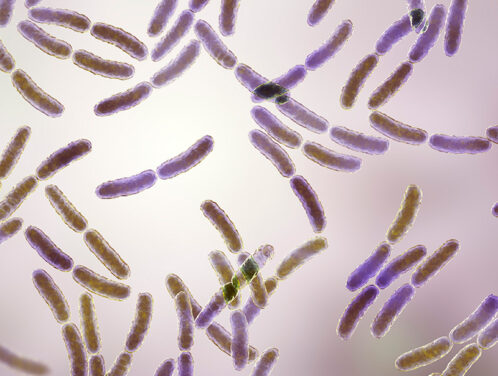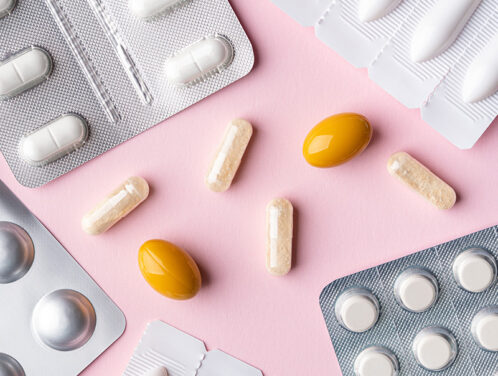Any woman can tell you that hormones can have a major impact on their physical and mental health. The specific impacts depend upon many factors. Hormones play a crucial role in various stages of life, from puberty and birth control to pregnancy, the postpartum period, and eventually leading to menopause.
Estrogen and progesterone are the primary hormones responsible for your reproductive health. Other hormones like testosterone also interact and work synergistically with each other. Estrogen acts as a chemical messenger in the brain and sends signals to your body when it begins reproductive health processes such as puberty, the menstrual cycle, pregnancy, and menopause. Here’s how hormones affect each aspect of your reproductive health.
Puberty
During puberty, estrogen levels rise, vaginal walls thicken, and the vagina and uterus prepares for reproduction. The menstrual cycle starts, and with it comes changes of vaginal discharge, including an increase in volume and a thickening in consistency.
Birth Control
Hormonal methods of birth control can contain estrogen and progestin, a synthetic hormone that mimics progesterone, (or progestin-only formulations) which work to inhibit pregnancy by preventing ovulation via a safe hormonal interruption. If there’s no ovulation, there is no egg to fertilize. Additionally, hormonal methods of birth control also thicken the mucus in your cervix, making it harder for sperm to swim to the egg and thin the lining of the uterus. Hormonal methods of birth control include implants, intrauterine devices (IUDs), injections, pills, vaginal rings, and skin patches.
Pregnancy
A surge in estrogen and progesterone levels during pregnancy tends to bring about significant changes. Blood flow to the vagina increases, which can cause changes in discharge color, secretions, and sensitivity. The hormone relaxin becomes more prevalent, helping to loosen joints, ligaments, and muscles to make room for the growing fetus. Human lactogen (hPL) is a hormone produced in the placenta which stimulates milk glands for breastfeeding. Human chorionic gonadotropin(HCG), also made in the placenta, plays a role in nausea and vomiting during the first trimester.
Postpartum
After childbirth, hormone levels of estrogen and progesterone drop off quickly, which can lead to vaginal dryness and discomfort, emotional mood swings, and postpartum depression (a medical condition sometimes referred to as the “baby blues.”) The hormone oxytocin increases to help the uterus contract and stop bleeding while also fostering maternal feelings of love and closeness so you can bond with the baby. The hormone prolactin, which causes milk production (allowing lactation and nursing), also increases.
Perimenopause and Menopause
The phase leading up to menopause is again rife with hormonal changes. Women can have irregular menstrual cycles (both less frequent and more frequent menstruation). Estrogen declines over a five-to-ten-year period at around age 45-55 leading up to menopause. Thiscan impact vaginal health by making vulvar skin and the vagina dry and thin, increasing the risk of vaginal infections. These lower hormonal levels can also lead to mood swings, hot flashes, night sweats, vaginal dryness , potentially painful sex, bone loss, and the eventual stopping of the menstrual cycle. Fortunately, there are lifestyle changes and medications you can try if you’re bothered by symptoms of menopause. Knowing how your hormones affect each stage of reproductive health and wellness can help you plan and prepare for how hormones can affect you.






